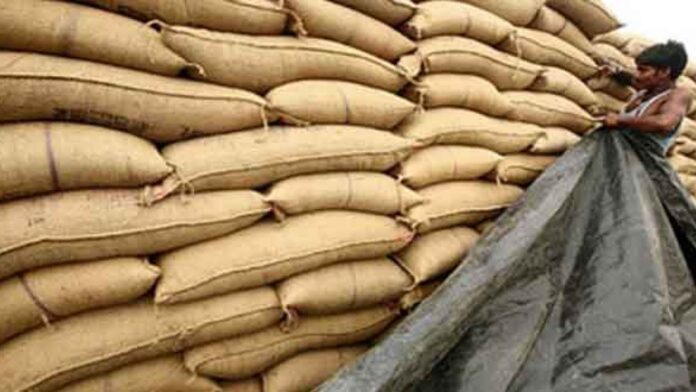ISLAMABAD: The movement of certified wheat seed and flour between provinces has begun to normalize after weeks of disruption that had raised concern among provincial agriculture departments over potential delays in the Rabi wheat sowing season.
Provincial officials from Balochistan, Khyber Pakhtunkhwa (KPK), and Sindh had earlier reported logistical hurdles and verification bottlenecks in the inter-provincial transport of wheat seed consignments, mostly originating from Punjab. The delays at key checkpoints, particularly at Ramak on the Punjab–KPK border—had left more than a hundred seed trucks stranded, slowing the supply chain during the peak planting period.
The issue came under discussion during a series of coordination meetings chaired by Federal Secretary for National Food Security and Research (MNFSR) Amir Mohyuddin with representatives of the provincial agriculture and food departments on October 29, November 5, and November 12. The meetings were attended by officials from Punjab, Sindh, KPK, and Balochistan, as well as from the National Seed Development and Regulatory Authority (NSDRA) and Federal Seed Certification & Registration Department (FSC&RD).
According to reports shared by provinces, Balochistan faced a significant shortfall in certified seed supply. Against a daily requirement of around 50,000 bags to meet its 500,000-hectare sowing target, only 12,000–13,000 bags were arriving in late October, risking delays in key districts. KPK raised similar complaints, citing stranded consignments at Ramak and other checkpoints, while Sindh reported that only 19,800 metric tons of seed had been received against a total requirement of 3.7 million metric tons.
The provincial departments attributed these bottlenecks to slow verification procedures and incomplete documentation at border posts. In response, it was agreed that provinces would directly coordinate at the operational level to expedite clearance of verified seed trucks and avoid unnecessary documentation delays.
Officials also noted reports of fake or unregistered seed consignments being moved under the guise of wheat seed or flour shipments. The FSC&RD and National Seed Authority were directed to strengthen screening procedures and place focal persons at key entry and exit points for on-site verification.
It was further decided that all provinces will enforce Standard Operating Procedures (SOPs) for inter-provincial seed movement, based on verified convoy notes. Trucks with valid documentation are to be cleared within one to two hours, while those lacking proper papers will be sent back for rectification.
Each province was also tasked with submitting daily seed and flour movement data to the MNFSR for centralized monitoring, while weekly coordination meetings would continue to track progress. Joint inspections against hoarding and counterfeit seed circulation were also agreed upon.
By November 12, provincial representatives confirmed that seed movement had resumed smoothly across major routes, enabling sowing operations to proceed in both Sindh and Balochistan, where timely availability of certified seed is critical due to shorter planting windows.
Officials said monitoring will continue through November to ensure uninterrupted supply and prevent further logistical disruptions or price manipulation in wheat and flour markets.




